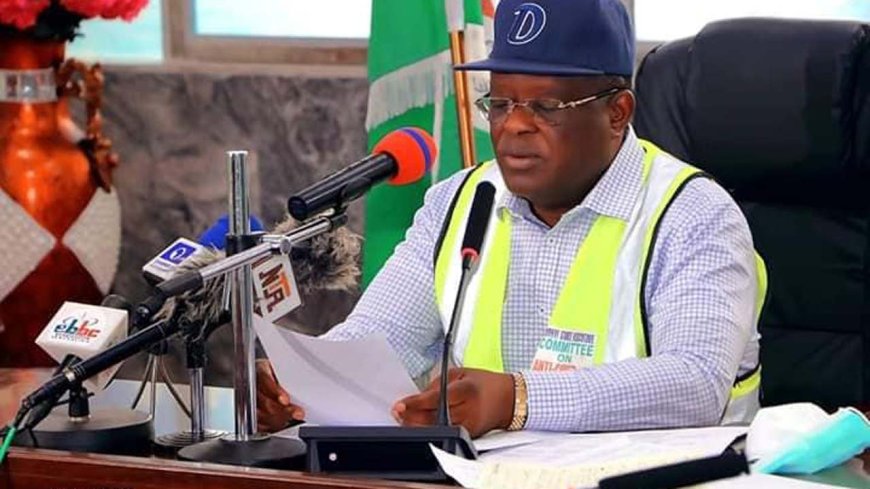FG blames road failures on contractors mixing removed asphalt with laterite

The Federal Government has faulted contractors for adopting the practice of mixing removed asphalt with laterite during road construction, describing it as a major factor behind the recurring failure of highways across the country.
Minister of Works, David Umahi, made this known during an inspection of the Abuja–Kaduna–Kano highway on Tuesday, according to the News Agency of Nigeria (NAN).
He cited Julius Berger’s earlier approach to the project as an example of the outdated method that compromises road quality and long-term durability.
Umahi explained that removing asphalt and blending it with fresh laterite weakens the road’s sub-base, as the new material does not compact or consolidate as effectively as the existing foundation that has settled over time. He said this poor compaction often leads to cracks and potholes even before construction is completed.
“When Julius Berger was doing the job, they removed the asphalt. They said they want to grind it with laterite It is not a good construction method because they brought new laterite on the road.
“There is what is called the Californian Bearing Ratio(CBR), which is the strength of the sub-base.
“So, when you remove this and you bring fresh laterite, the compaction, consolidation will not be as the one that has consolidated over the years.
“So, it is bound to fail, and that is why you see that what Julius Berger completed was beginning to see failures, even while they were still constructing,” Umahi said.
More insights
The minister further stated that the current administration is replacing this outdated practice with improved engineering standards and stronger materials, aimed at ensuring that new federal roads last up to 50 years without major repairs.
- He described the Abuja–Kaduna–Kano highway as a model for the new standard, noting that most sections are being built with concrete pavement to enhance durability.
- Umahi also assured Nigerians that Section One of the project, which stretches from four kilometres into Kogi State to Katari, would be completed ahead of schedule by February 2026.
- According to him, President Bola Tinubu has already approved over N120 billion for the project, which is valued at N252 billion and covers 118 kilometres, including 86 kilometres of concrete pavement and 17 kilometres of asphalt wearing course in Kano.
Furthermore, the NAN report noted that the Minister of State for Works, Bello Goronyo, revealed that about 285 pieces of equipment have been deployed along the Abuja–Kaduna corridor to ensure the timely completion of the project.
FG blames road failures on contractors mixing removed asphalt with laterite - Nairametrics









